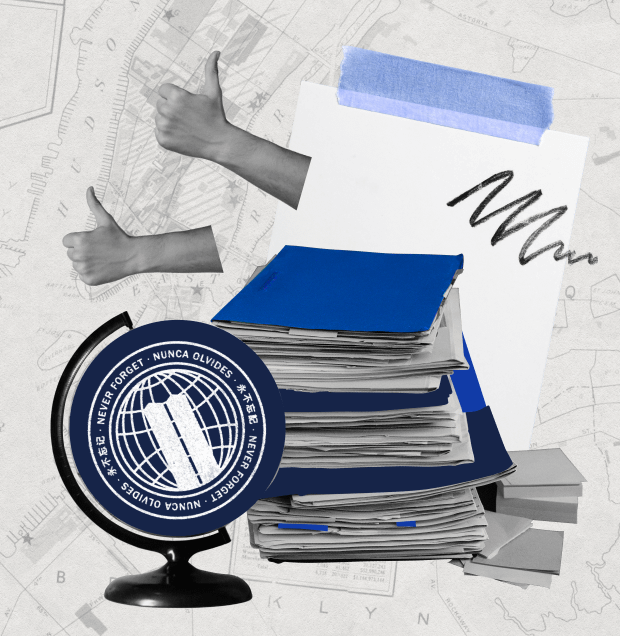Table of Contents
Government benefits planning involves learning about eligibility criteria, applying, and maintaining continuing eligibility for state or federal government benefits programs. The importance of government benefits planning cannot be understated as it helps ensure you get the full benefits you’re entitled to. Navigating this step can be difficult, but with proper assistance and guidance, you can be proactive and ensure that your benefits do not get reduced or declined.
Even if you do your due diligence the process of understanding and applying for government benefits can be complex. While the work to ensure you get your benefits can be daunting, you don’t have to do it alone. The lawyers at Pitta & Baione LLP can help you fight for your right to comprehensive benefits, appeal denial, and much more.
Types of Government Benefits Plans You May Qualify For
There are several government benefits programs you may qualify for. Here is a short list of some of the most common.
Medicare
Medicare is a health insurance program provided by the federal government. It is available for qualified individuals and specific dependents. While Medicare does cover hospital visits, doctor visits, or preventative care, it is not comprehensive and will not cover:
- Eye exams
- Long term care
- Hearing aids and fitting exams
- Cosmetic surgeries
- Most dental care
Medicare is typically reserved for people who are 65 and older, with disabilities or receive social security disability benefits, or those with ALS or end-stage renal disease. Additionally, it is also important to remember that qualified individuals will have paid into Medicare through taxes for a set period and must be a US citizen or lawful resident of 5 years or more.
Supplemental Nutrition Assistance Program (SNAP)
Supplemental Nutrition Assistance Program (SNAP) dispenses benefits through an electronic benefits transfer card (EBT). The benefits loaded onto EBT can be used to purchase food and certain qualified essentials like seeds to grow food. SNAP exists to assist low-income working people, seniors, disabled individuals, and other qualifying individuals to feed themselves or their families.
Eligibility and the amount of benefits you can receive primarily depends on household size and income but can also include other factors. To apply to SNAP, you need to create an account and fill out the application form. Then, you supply financial and supporting documentation (pay stubs, rent/mortgage statement, social security card, etc.) and wait for their reply.
Processing time varies, but should not take longer than 30 days.
Social Security Disability Benefits (SSDI)
Social Security Disability Benefits (SSDI) is a federal program that pays benefits to individuals unable to work due to a medical condition expected to last at minimum 1 year or result in death. Additionally, certain family members may be entitled to benefits based on work history. To qualify for SSDI, you must have worked recently and long enough to have paid Social Security taxes on your earnings.
In general, you will need 40 work credits to qualify. If you are a younger worker in need of SSDI, you still have options as you can still potentially qualify with fewer benefits.
Processing an SSDI application can take anywhere between 3 to 6 months. How much your benefits will be depends on how much you have earned throughout your working life and is usually on a case-by-case basis.
Medicaid
The federal government provides a program to low-income individuals who are unable to afford healthcare. This program, known as Medicaid, covers doctor visits, hospital stays, medication, medical equipment, and preventative care. It is important not to confuse Medicaid with Medicare, as they are two entirely separate things.
To apply for Medicaid, you simply navigate to their website and start an application, depending on the state you live in. Each state has its own rules and regulations when applying. However, on a general principle, Medicaid is income-based and there are income thresholds that must be met to qualify.
People with disabilities, pregnant individuals, and children often have expanded eligibility. Application processing times depend on state, but typically, you should expect your application to be processed in 30-45 days.
Medicaid can also cover long-term care such as home care or nursing home care. Medicaid for long-term care coverage has income and resource limits. Please contact Pitta & Baione LLP to review your eligibility.
Supplemental Security Income (SSI)
Supplemental Security Income (SSI) provides monthly payments to the elderly with little or no income and the disabled. The basic eligibility requirements for SSI are as follows. You must:
- Be 65 or older
- Be blind or disabled (including children or adults under 65)
- Have limited income or assets
How much your monthly payment will be if you qualify depends on numerous factors on your application. There are no restrictions on how these funds get used, but they are expected to cover necessities like housing, food, and clothing.
SSI applications for individuals 65 or older usually take anywhere from 3-6 months. For disabled individuals, processing times can be longer at roughly 7 months due to verification of medical documents and other special processing required. You can apply at your local Social Security Administration office.
Subsidized Housing
Subsidized housing refers to government-assisted housing programs that aid low-income families and individuals in affording their rent. In essence, the government provides financial assistance to make up for whatever the tenant cannot pay in rent. Subsidized housing is typically administered at the state level.
Some examples of subsidized housing in New York include assistance provided by the state’s Section 8 program and public housing provided by the NYC Housing Authority (NYCHA). These programs help low-income residents find affordable housing.
To apply for subsidized housing, you typically need to enter a lottery system due to large demand and long waitlists for housing. Once the waitlist opens, you apply and wait for your turn. Processing times vary wildly as the demand for housing is typically high and will net longer wait times.
Talk to a Lawyer Today if You Need Help with Your Government Benefits Plan
Government benefits planning can be stressful to handle on your own. While you can try to navigate the complexities by yourself, hiring a lawyer offers unique advantages that could help you ensure you get the proper benefits you deserve. Pitta & Baione LLP has dedicated lawyers to help.
Contact us today for a free consultation.

 Trusted Content
Trusted Content 

